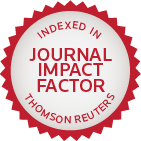Special Issue
Special Issue on
Generative AI Service Limitations & Improvement Technologies
KSII Transactions on Internet and Information Systems (TIIS)
- - Limitations in logical reasoning and inference
- - Limitations in making accurate predictions
- - Limitations in solving complex multi-dimensional problems
- - Limitations in strategic decision-making
- - Limitations in conversation capabilities
Submission Guideline
- - All submissions should follow the TIIS journal's author guidelines (https://www.itiis.org/author-guide), where longer papers with more technical details are permitted.
- - When submitting a paper to this special issue the 'Journal Special Issue 1' manuscript type must be selected. If a different manuscript type is selected, then the submitted paper will NOT be considered for this special issue.
Special Issue Schedule (may change based on circumstances)
- 1) Paper submission deadline: September 30, 2025 October 31, 2025 November 30, 2025
- 2) First notification of paper evaluation: November 15, 2025 January 15, 2026
- 3) Second notification of paper evaluation: January 15, 2026 March 31, 2026
- 4) Publication: April - July of 2026
Special Issue Editorial Board
- - Dr. Jong-Moon Chung, Special Issue Chair, Editor-in-Chief of KSII TIIS
- - Dr. Yeonghun Nam, Samsung Electronics
- - Dr. Xixi Zhang, Hohai University
- - Dr. Donghyuk Han, LG Electronics
- - Dr. Younghwan Shin, Electronics and Telecommunications Research Institute (ETRI)
- - Dr. Sang-Chul Kim, Kookmin University
Call For Paper (pdf)
DownloadSpecial Issue on
Advances in Quantum Computing and Quantum Communication
KSII Transactions on Internet and Information Systems (TIIS)
Introduction:
Topics:
- - Survey/tutorial articles to be welcome in these topics
- - Quantum algorithms and complexity
- - Quantum error correction and fault-tolerant architecture
- - Quantum cryptography and QKD protocols
- - Quantum network architectures and routing strategies
- - Physical-layer implementations (e.g., superconducting qubits, photonic systems, ion traps)
- - Quantum control and noise mitigation techniques
- - Entanglement distribution and verification
- - Integration of quantum systems with classical infrastructure
- - Quantum machine learning
Submission Guideline:
- - All submissions should follow the TIIS journal's author guidelines (https://www.itiis.org/author-guide), where longer papers with more technical details are permitted. In particular, survey and tutorial articles are NOT subject to page restrictions
- - When you submit a paper to this special issue, select 'Journal Special Issue 2' manuscript type. If a different manuscript type is selected, then the submitted paper will NOT be considered for this special issue.
Submission Guideline:
- 1) Paper submission deadline: October 31, 2025 November 15, 2025
- 2) First notification of paper evaluation: December 15, 2025
- 3) Second notification of paper evaluation: February 15, 2026
- 4) Publication: April, May, or June of 2026
Editors for this special issue
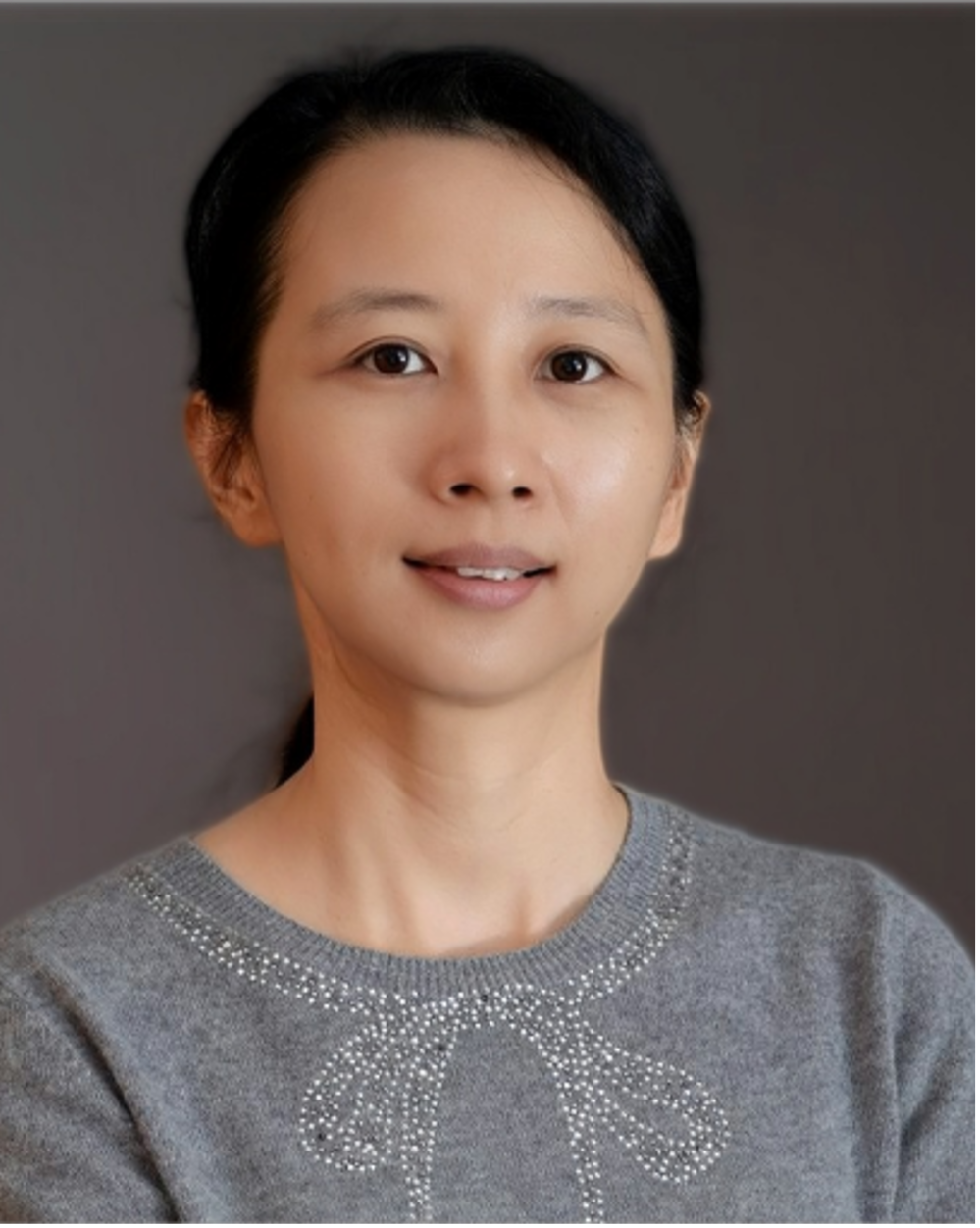
Special Issue Chair: Prof. Qin Wang, Institute of Quantum Information and Technology, Nanjing University of Posts and Telecommunications, Nanjing 210003, China
Homepage: http://quantum.njupt.edu.cn/
Area of Interest: Quantum cryptography, Quantum optics, Machine learning
Publications: https://www.researchgate.net/profile/Qin-Wang-39
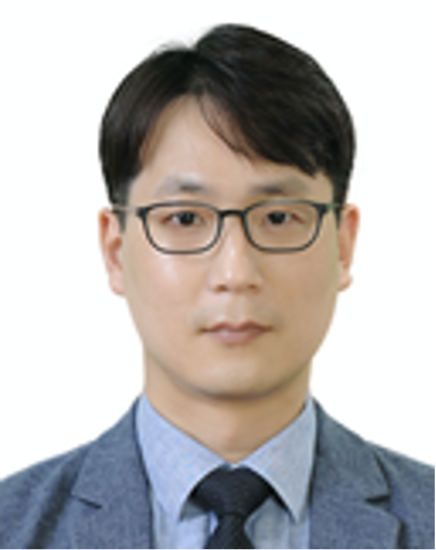
Special Issue Editor: Prof. Youngsun Han, Department of Computer and AI Engineering, Pukyong National University, South Korea
Homepage: https://sites.google.com/view/quantum-computing-laboratory/professor
Area of Interest: Quantum computing, Compiler technology for quantum computers, Quantum machine learning, Quantum SW stack
Publications: https://sites.google.com/view/quantum-computing-laboratory/publications-patents
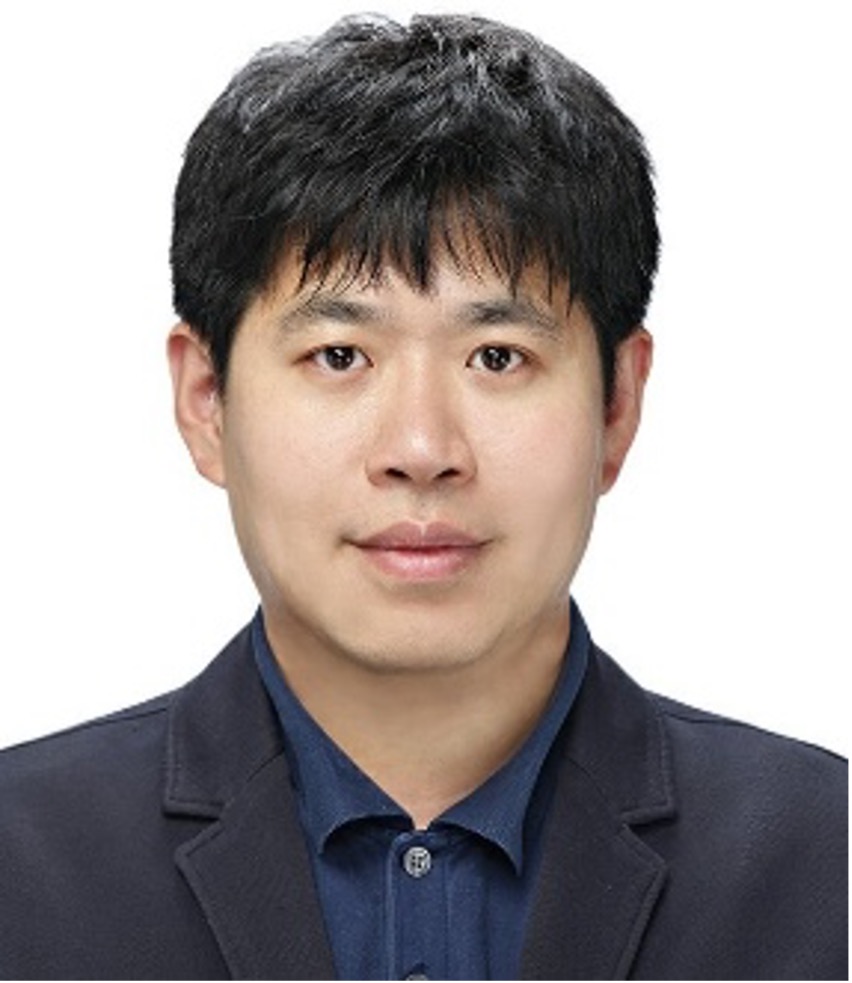
Special Issue Editor: Prof. Joongheon Kim, School of Electrical Engineering, Korea University, South Korea
Homepage: https://joongheon.github.io/
Area of Interest: Quantum machine learning (quantum AI, quantum deep learning), mobility, quantum computing
Publications: https://sites.google.com/view/aimlab-kuee/publications/journals-top-confs
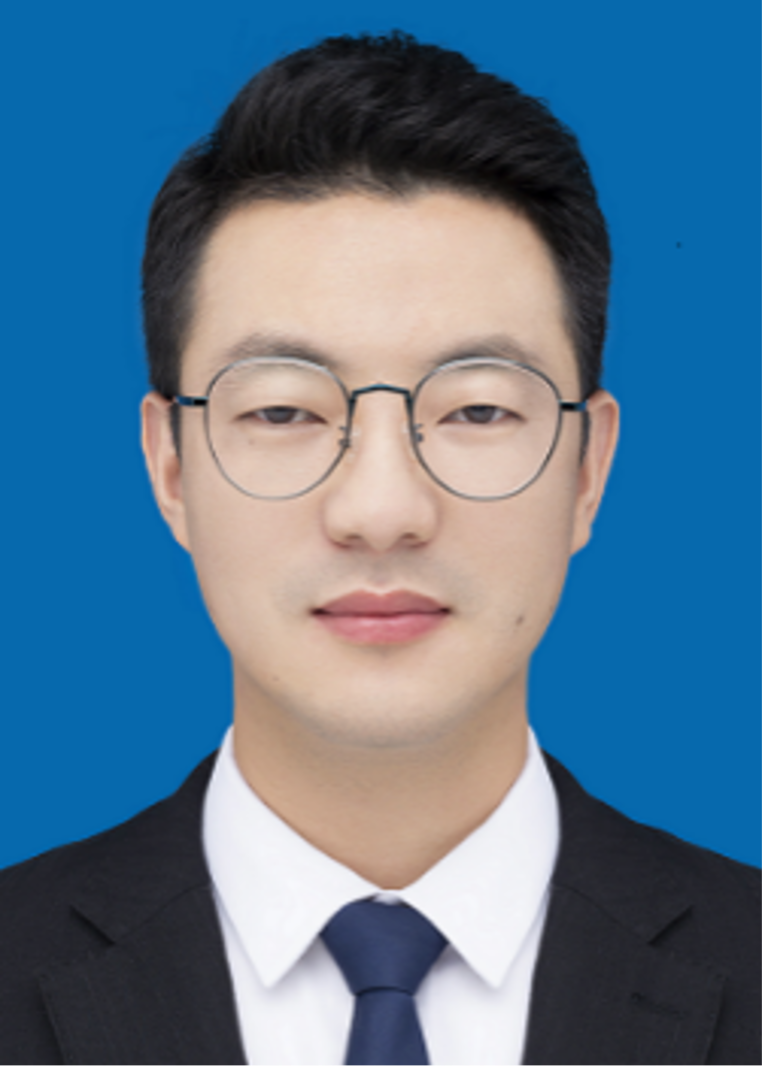
Special Issue Editor: Dr. Huajian Ding, Institute of Quantum Information and Technology, Nanjing University of Posts and Telecommunications, Nanjing, China
Homepage: http://quantum.njupt.edu.cn/
Area of Interest: Quantum cryptography, Quantum optics, Machine learning
Publications: https://www.researchgate.net/profile/Huajian-Ding
Call For Paper (pdf)
DownloadCall For Paper (docx)
DownloadSpecial Issue on
LLMs and Embodied AI for Next-Generation IoT and Wireless Communication Systems
KSII Transactions on Internet and Information Systems (TIIS)
Introduction:
Topics:
- - Survey/tutorial articles to be welcome in these topics
- - Large language model-based signal interpretation and control for IoT
- - Embodied AI for network-aware autonomous agents
- - Multi-modal sensing and fusion via LLM-empowered frameworks
- - LLM-enhanced spectrum management and cognitive radio networks
- - Secure and privacy-preserving communication using LLM reasoning
- - LLMs for zero-shot/few-shot learning in wireless edge environments
- - Robotic systems and embodied AI for edge-cloud collaboration
- - Generative AI for anomaly detection and attack mitigation in IoT
- - LLMs for protocol design, optimization, and cross-layer decision making
Submission Guideline:
- - All submissions should follow the TIIS journal's author guidelines (https://www.itiis.org/author-guide), where longer papers with more technical details are permitted. Particularly, survey and tutorial articles are NOT subject to page limits.
- - When you submit a paper to this special issue, select 'Journal Special Issue 3' manuscript type. If a different manuscript type is selected, then the submitted paper will NOT be considered for this special issue.
Submission Guideline:
- 1) Paper submission deadline: November 30, 2025 December 15, 2025
- 2) First notification of paper evaluation: January 15, 2026
- 3) Second notification of paper evaluation: March 15, 2026
- 4) Publication: April, May, or June of 2026
Editors for this special issue
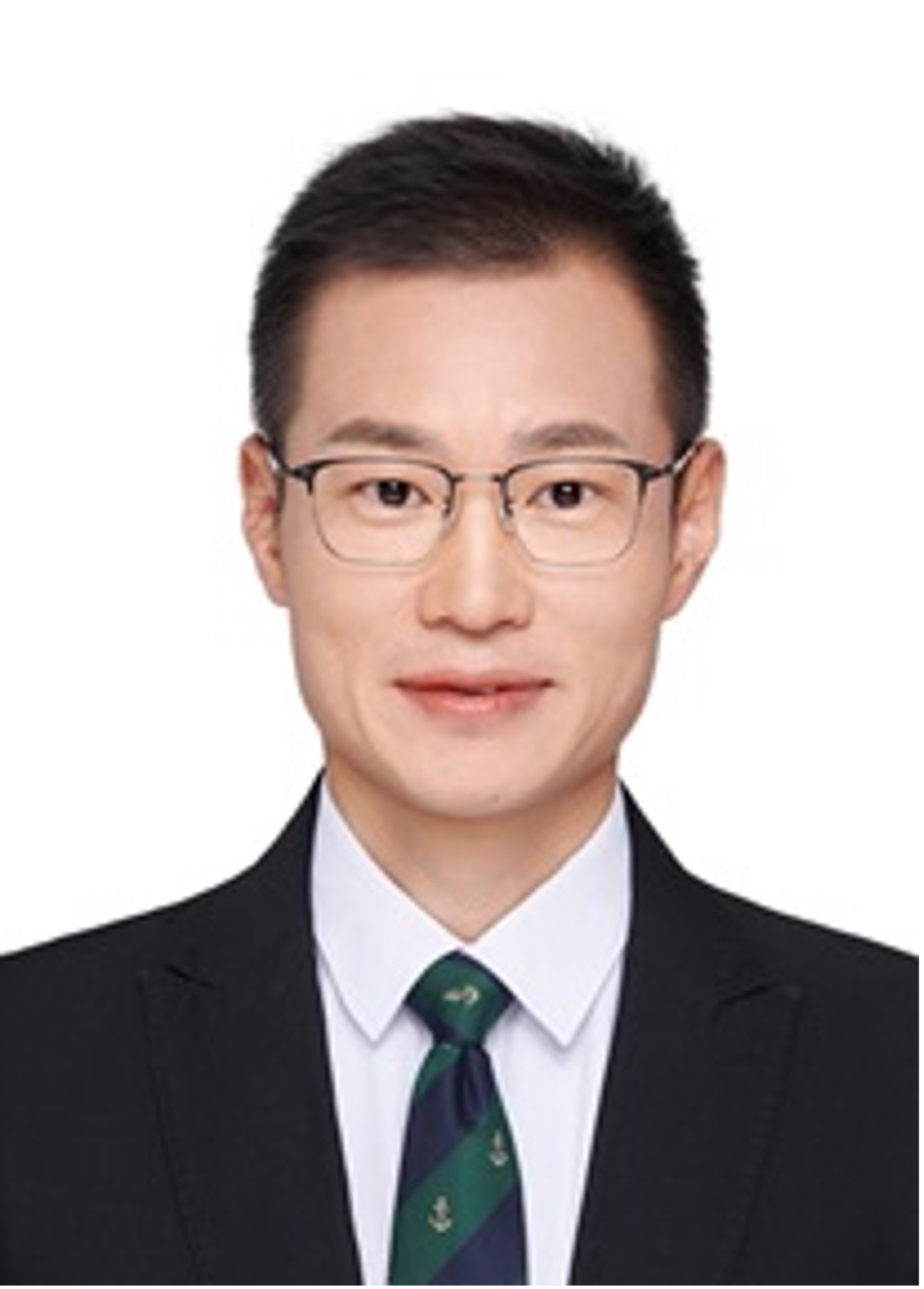
Special Issue (SI) Chair: Prof. Guan Gui (IEEE Fellow), College of Telecom. and Information Engineering, Nanjing University of Posts and Telecommunications, China
Homepage: https://www.scholat.com/greatin
Area of Interest: AI, Intelligent IoT, Intelligent Sensing, Network
Publications: https://scholar.google.com/citations?user=bhWOdtAAAAAJ&hl=en
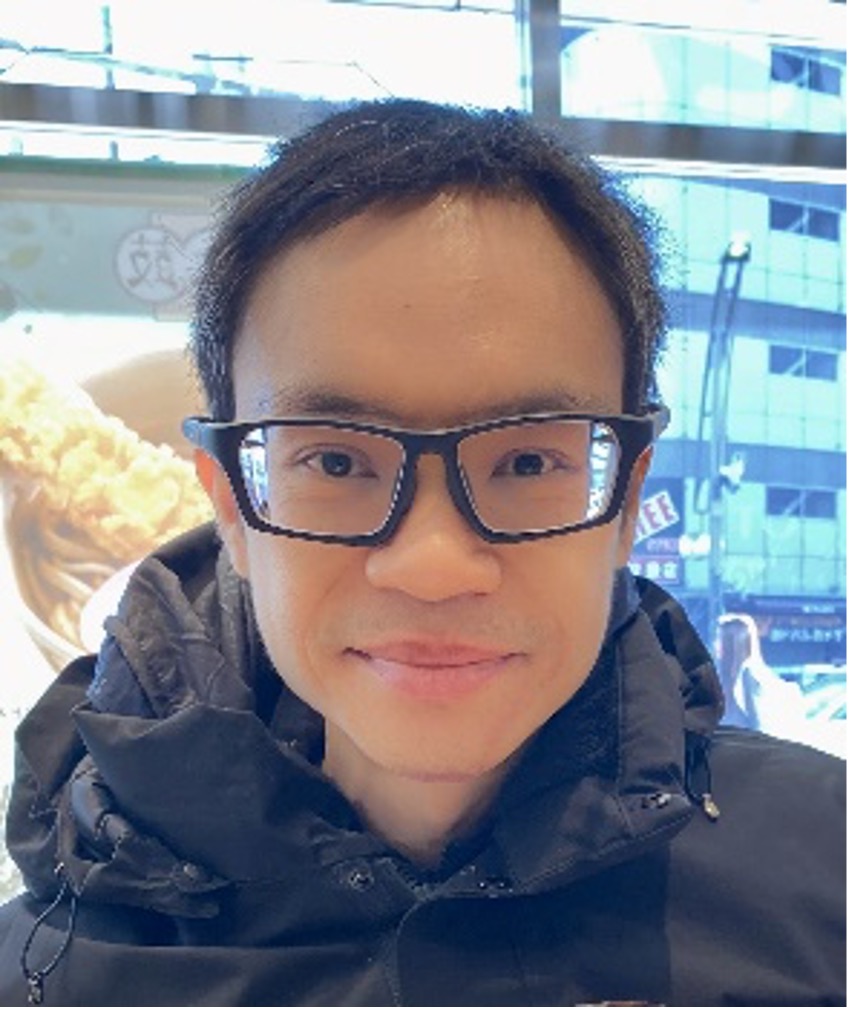
SI Editor: Prof. Dusit (Tao) Niyato (IEEE Fellow), College of Computing and Data Science, Nanyang Technological University, Singapore
Homepage: https://personal.ntu.edu.sg/dniyato/
Area of Interest: Generative LLM, Mobile Generative LLM, Quantum Computing and Networking, Edge General Intelligence
Publications: https://scholar.google.com/citations?user=T8sVhLMAAAAJ&hl=en
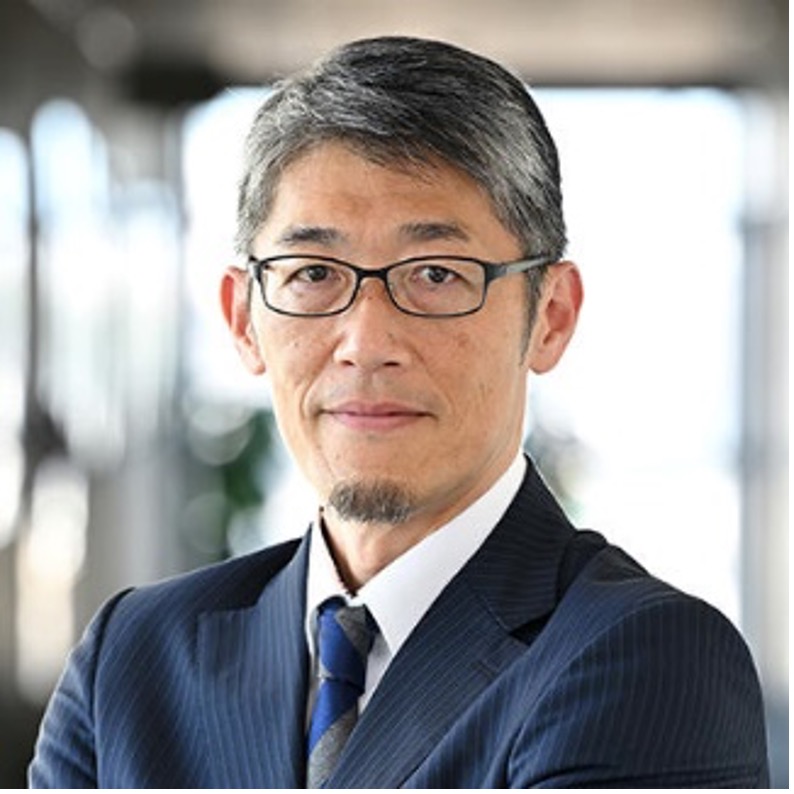
SI Editor: Prof. Tomoaki Ohtsuki (IEEE Senior), Dept. of Information and Computer Science, Keio University, Japan
Homepage: https://www.ohtsuki.ics.keio.ac.jp/home
Area of Interest: Machine Learning, Activity Recognition, Information Theory, Biomedical Engineering, IoT
Publications: https://scholar.google.com/citations?user=f1MnkCIAAAAJ&hl=en

